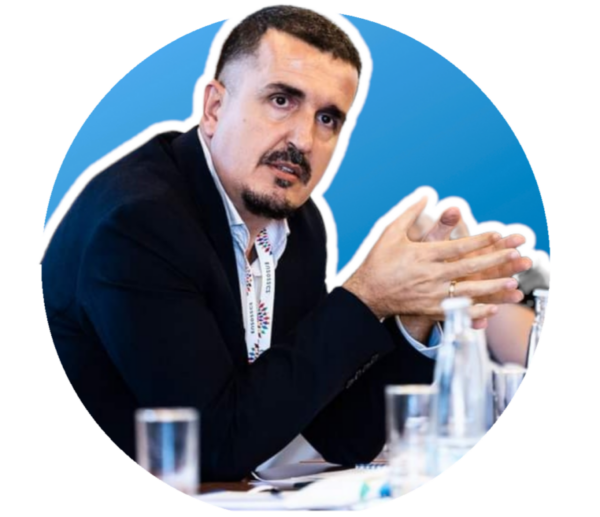Will the government be forced to accept the opposition’s offer – a vote on constitutional amendments after early elections are announced?
Author: Xhelal Neziri
The BESA movement recently came up with a new proposal for compromise with the government: they will support constitutional changes to include ethnic Bulgarians in the preamble, as part of the obligations of the French Proposal, provided that early elections are announced beforehand. It is not known whether VMRO-DPMNE will line up behind such a proposal, but considering the pressure not to block these changes, it may see it as a good compromise with the government.
On the basis of the Skopje-Sofia agreement reached this year in the form of a French Proposal, North Macedonia started the long-awaited negotiations on the condition that until the end of the screening process constitutional changes are made. For this, the government does not have the numbers and it needs somewhere around 4 deputies to reach two-thirds of the votes in the Parliament. VMRO-DPMNE has been demanding early elections for a long time, as polls project it as the first party among Macedonians, far from the SDSM of Prime Minister Dimitar Kovačevski.
Since 2006, the country has not had regular elections. The first short-term elections were announced in 2008, then again in 2011, 2014, 2016 and finally in 2020. This cycle of frequent, extraordinary elections is an indicator of the ongoing political crisis in North Macedonia, which lasts for 14 years now. It started with the Greek veto for North Macedonia’s membership in NATO, used at the Bucharest Summit in 2008, followed by the French veto at the EU Council Summit in 2019, which prevented the country from starting membership talks with Brussels and is closes with the Bulgarian veto on the Macedonian language and history.
Will the government be forced to accept the opposition’s offer – a vote on constitutional amendments after early elections are announced?
It will all depend on the length of the screening process. This process, started in July this year, means detailed analysis for each policy area (chapter), to determine how well the country is prepared. This examination is already being implemented by the European Commission together with the Government of Skopje. The results of the screening according to the chapters will be presented to the EU member states in the form of a report. The report ultimately recommends either the opening of negotiations or the fulfillment of certain conditions or benchmarks. This process usually takes from six months to two years. Serbia started the screening process on January 21, 2014 and ended on December 14, 2015, when it opened the first two chapters. Montenegro, meanwhile, begins negotiations after six months of screening in 2012.
If the screening process for North Macedonia ends in September or October 2023, then constitutional changes will be imposed as a condition to proceed further with the opening of the first chapters. If the government does not find a way to secure two-thirds of the votes, then the country would plunge into a new political crisis as the Bulgarian veto would be activated, which would prevent the continuation of EU membership negotiations. However, in this period the early elections would be meaningless as they would be held a few months before the regular presidential elections, scheduled for April 2024. Together with these elections, the regular parliamentary elections are also expected to be held. Expert or general government can be another solution for governing the country until the regular elections.
However, 2023 will be a year filled with uncertainty and lack of political stability. Coalitions and regroupings have long been underway, always guided by the mood of the citizens, measured in polls. Finally, the country may have two ideological blocs, formed as pre-election coalitions, which will compete to take over or continue with the government.

